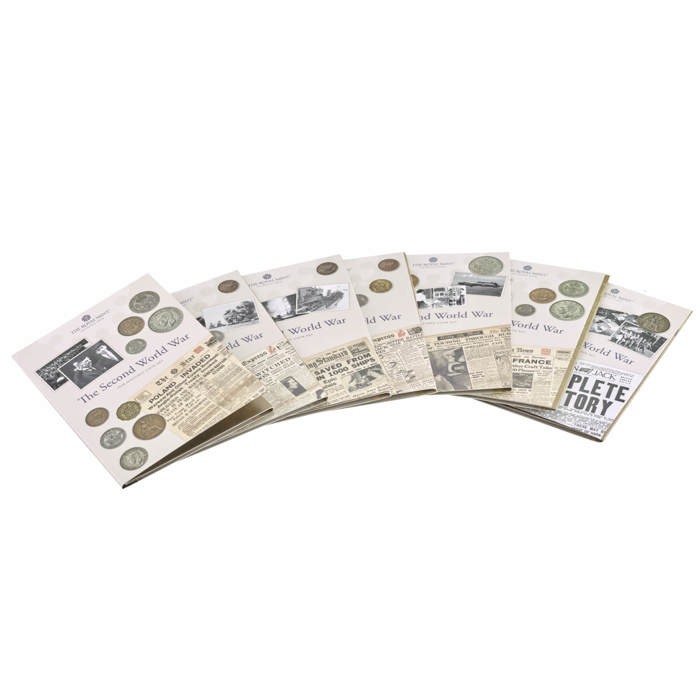Product range

1994 The 50th Anniversary of the D-Day Landings 50p Coin
Very Fine Condition
Price: £8.00

The 80th Anniversary of D-Day Coin Set
Limited Edition 8000
Price: £18.00

Price: £12.00
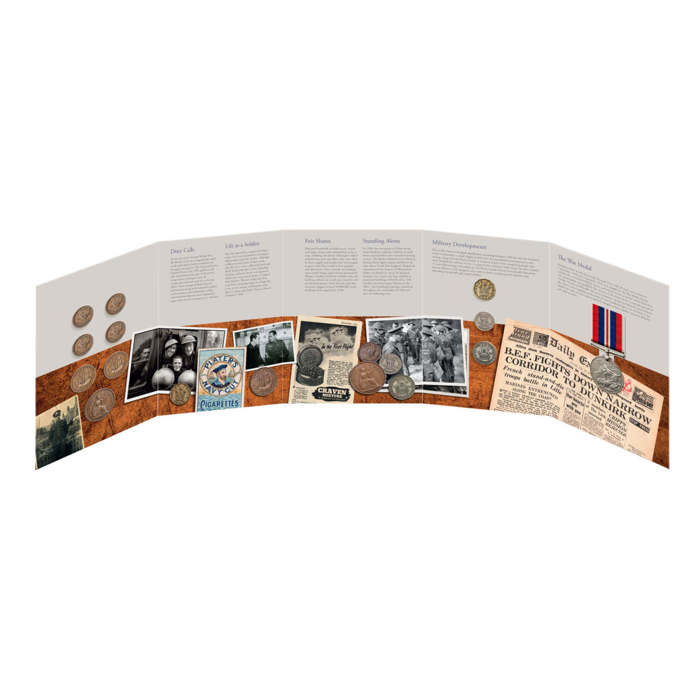
World War II British Soldier Set
Features an Original Second World War Medal
Price: £99.00

D-Day 2024 UK 1/40oz Gold Proof Coin
Limited Edition 2024
Price: £99.50

D-Day 2024 UK 50p Silver Piedfort Proof Coin
Limited Edition 1944
Price: £118.00

D-Day 2024 UK 50p Silver Proof Coin
Limited Edition 5000
Price: £65.00
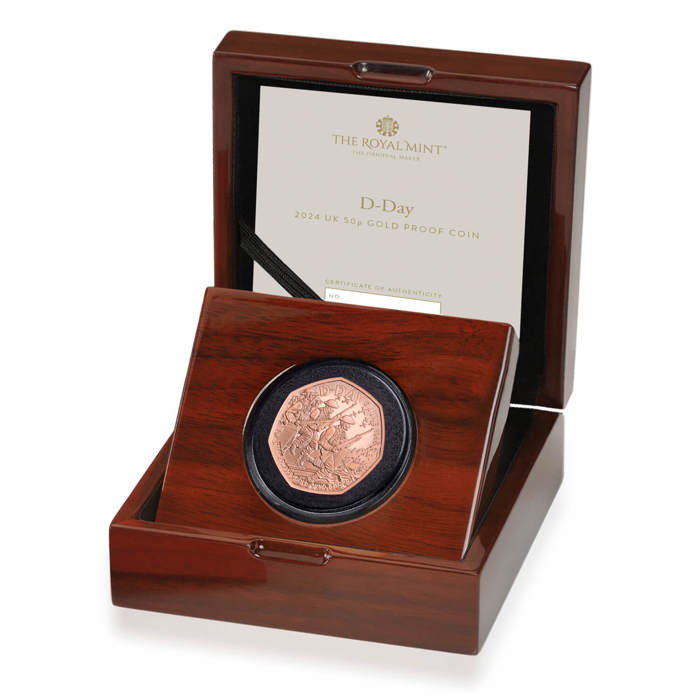
D-Day 2024 UK 50p Gold Proof Coin
Limited Edition 350
Price: £1,355.00
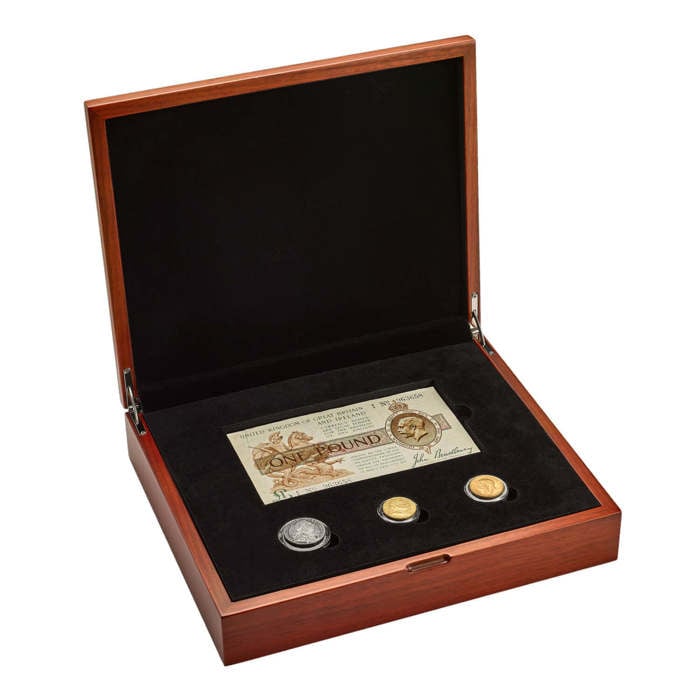

The Currency of Conflict Premium Set
Limited Edition 199
Price: £1,950.00
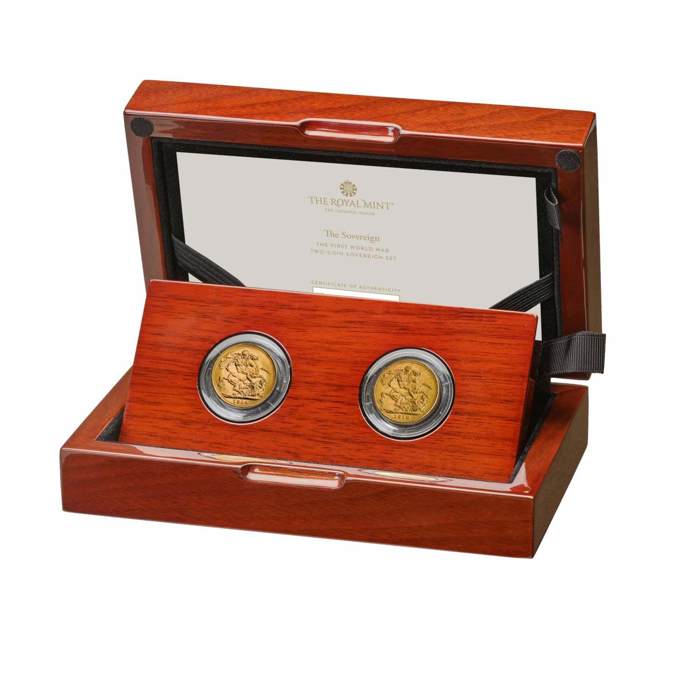

The First World War Two-Coin Sovereign Set
Limited Edition 499
Price: £1,425.00

1915 George V Sovereign
Extremely Fine
Price: £600.00

The 1914 Sovereign
Very Fine Condition
Price: £575.00
Be Inspired
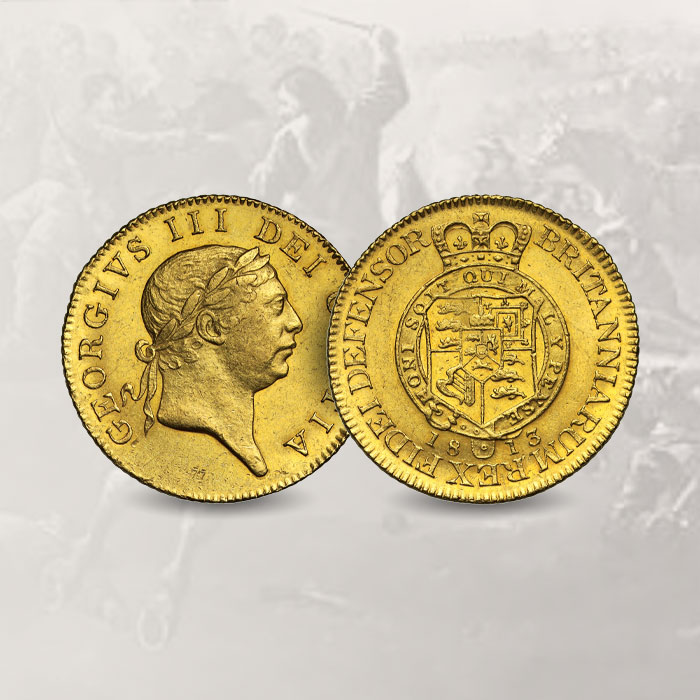
Explore Coinage During Conflict
Britain’s military history and that of its money are intertwined. Coins equipped, clothed and fed armies and, behind enemy lines, hard currency bought escape from hostile situations.
Discover More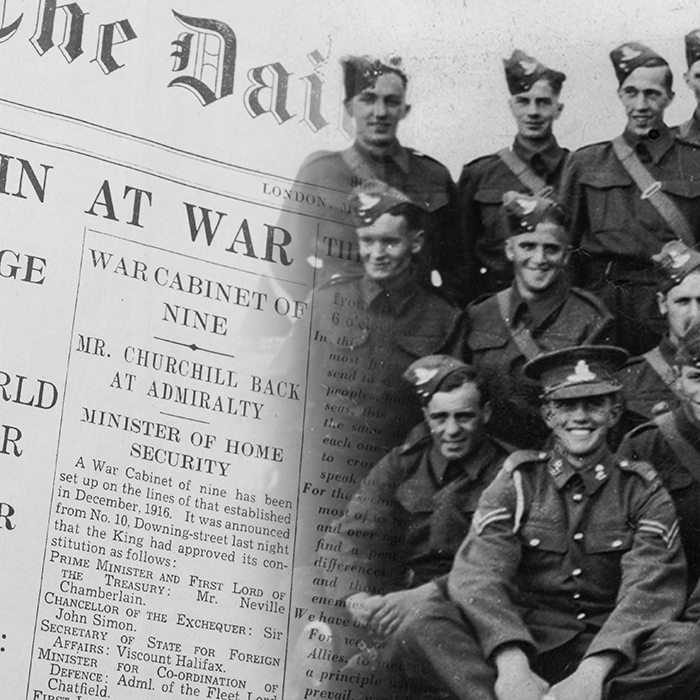
Dates and Key Battles of the Second World War
The Second World War pitted the Allies of the British Empire - along with thousands of combatants from occupied countries such as Poland and Czechoslovakia - against the Axis powers of Germany, Italy and Japan.
Discover More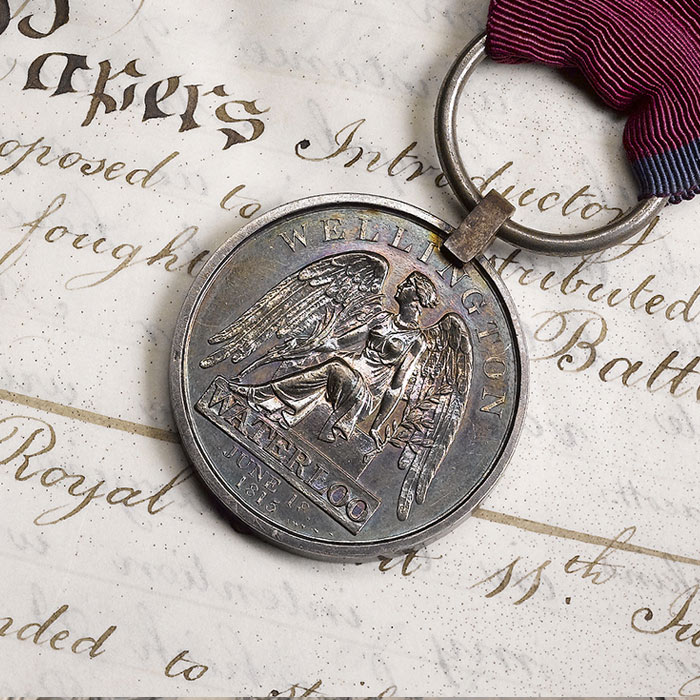
Battle of Waterloo
The Battle of Waterloo was one of the most decisive battles in history, the final battle of the long-running Napoleonic Wars. It brought over 20 years of conflict in Europe to an end and left a lasting legacy on the world.
Discover More

